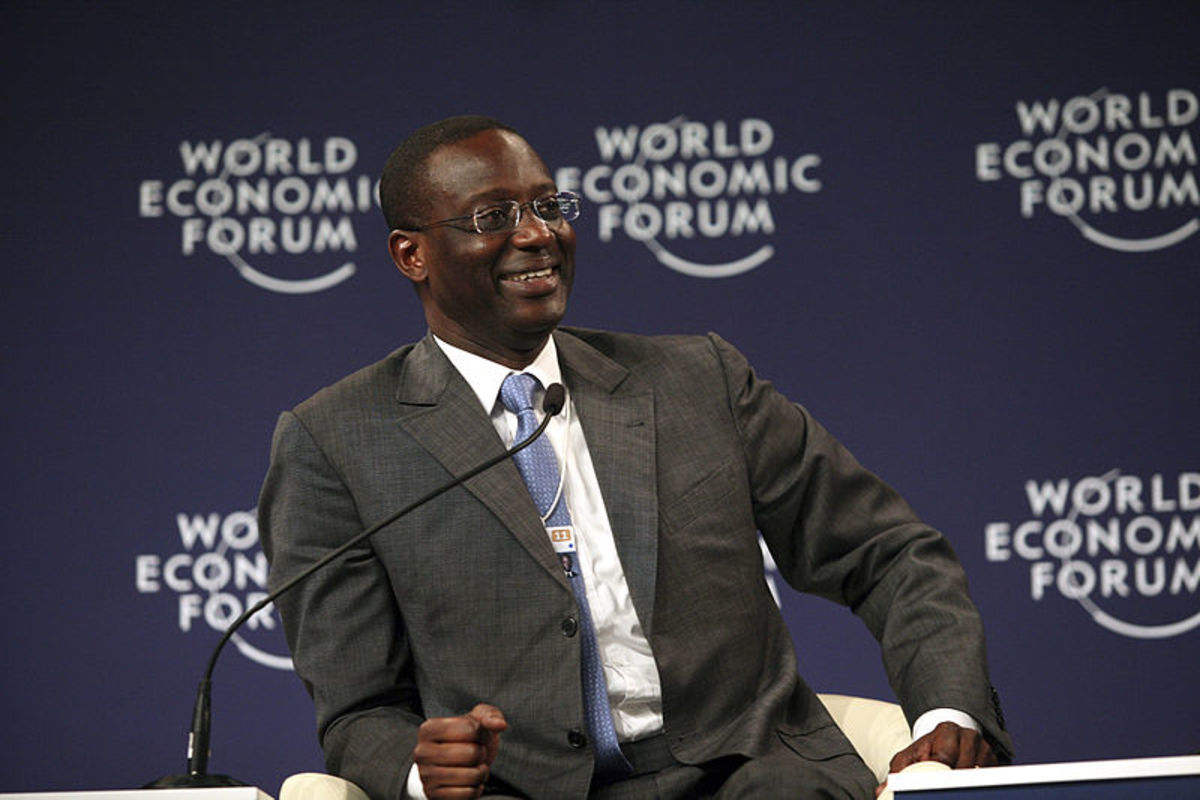
Hunter Biden (Photo by Moses Robinson/Getty Images for Usher’s New Look Foundation)
The Trump administration spent the last year since Democrats took control of the House of Representatives insisting that congressional oversight is illegal. They refused to explain how Jared and Ivanka got security clearances when they couldn’t pass a background check. Bill Barr ordered Commerce Department officials to defy congressional subpoenas to testify about how the citizenship question wound up on the census. And the Justice Department is litigating half a dozen cases arguing that Congress has no right to demand Trump’s tax and business records, despite a non-discretionary statute saying that the Ways and Means Committee is entitled to see them upon request. And that was all before the House even launched its impeachment investigation and the president bragged they were “fighting all the subpoenas.”
But when it comes to investigating Joe Biden’s son, the executive branch is falling all over itself to cooperate with Congress. Or at least with the branch of it controlled by the president’s allies.
Yahoo News reports that the Treasury Department has begun producing a trove of information about “Hunter Biden, his associates, their businesses, and clients” in response to a request from Republican chairs of the Senate Finance, Homeland Security, and Judiciary Committees.
Despite massive arm-twisting, the Ukrainian president wouldn’t investigate Hunter Biden. And Bill Barr’s Justice Department looked at the insane nonsense Rudy Giuliani kept depositing on his doorstep and refused to touch it, either. But Lindsey Graham is burdened by no such scruples. He’ll make Joe Biden’s f*ck-up son into a mastermind of corruption if it’s the last thing he does!
Graham and his compadres Chuck Grassley and Ron Johnson are most interested in any Biden-related Suspicious Activity Reports (SARs), the alerts generated by banks when they spot a transaction that fits the pattern for money laundering or other serious financial crimes. These highly confidential documents are not subject to FOIA, and indeed there is an IRS agent in jail right now for leaking former Trump attorney Michael Cohen’s SARs to Michael Avenatti. Nonetheless, the Treasury is anxious to comply with the senators’ demand for information about a private citizen who has been credibly accused of breaking exactly zero laws.
(No, Rudy Giuliani’s lunatic rants do not count as “credible” allegations, a fact confirmed by Fox News’s internal analysts, even as their on-air personalities continued to flog them.)
While regular congressional requests for information on SARs can take months and months, the Treasury is treating the Biden query as a rush order.
“Applying a blatant double standard, Trump administration agencies like the Treasury Department are rapidly complying with Senate Republican requests — no subpoenas necessary — and producing ‘evidence’ of questionable origin,” said Ashley Schapitl, spokeswoman for Finance Committee Ranking Member Ron Wyden. “The administration told House Democrats to go pound sand when their oversight authority was mandatory while voluntarily cooperating with the Senate Republicans’ sideshow at lightning speed.”
Whether the “‘evidence’ of questionable origin” produced by Treasury is the gobbledygook dossier Giuliani has been shopping around the State and Justice Departments for seven months is unclear. Nor is it clear exactly what the senators hope to find out about Hunter Biden, other than something, anything to dirty him up and make it seem rational for Trump to have frozen military aid to Ukraine until it announced an investigation of both Joe and Hunter Biden.
The main thrust of Giuliani’s ramblings is that Joe Biden forced out a Ukrainian prosecutor to protect Hunter Biden’s business interests, a fact belied by the fact that the IMF, EU, entire national security establishment, and Ron Johnson himself was pushing for the prosecutor’s ouster. Giuliani has also made bizarre allegations about Biden laundering $7 billion of looted Ukrainian assets through Franklin Templeton sovereign wealth bonds, but even Lindsey Graham has his limits.
So what exactly are Grassley, Graham, and Johnson looking for in this fishing expedition?
In their letter to the Secret Service yesterday, Grassley and Johnson demanded information about “potential conflicts of interest posed by the business activities of Hunter Biden and his associates during the Obama administration.” They fail to specify how a private citizen can have “conflicts of interest” with the federal government where he is … not employed.
But everyone knows they don’t give a damn about Hunter Biden. They want something to beat Joe Biden over the head with if he’s the Democratic presidential nominee. The “conflict of interest” with Joe Biden’s work as Vice President is implied. And if they can’t find any, they’ll imply one as loud as they can throughout the entirety of this presidential campaign. Lucky thing they’ll have the entire apparatus of the federal government to help them do it!
Treasury Department sent information on Hunter Biden to expanding GOP Senate inquiry [Yahoo]
Elizabeth Dye lives in Baltimore where she writes about law and politics.



 Kathryn Rubino is a Senior Editor at Above the Law, and host of
Kathryn Rubino is a Senior Editor at Above the Law, and host of 






 Timothy M. Lupinek is an attorney at Balestriere Fariello who represents companies and individuals in state, appellate, and administrative courts of Maryland. He focuses his practice on complex commercial litigation with thousands of hours of civil, criminal, and regulatory trial experience. You can reach Timothy at timothy.m.lupinek @balestrierefariello.com.
Timothy M. Lupinek is an attorney at Balestriere Fariello who represents companies and individuals in state, appellate, and administrative courts of Maryland. He focuses his practice on complex commercial litigation with thousands of hours of civil, criminal, and regulatory trial experience. You can reach Timothy at timothy.m.lupinek @balestrierefariello.com.






